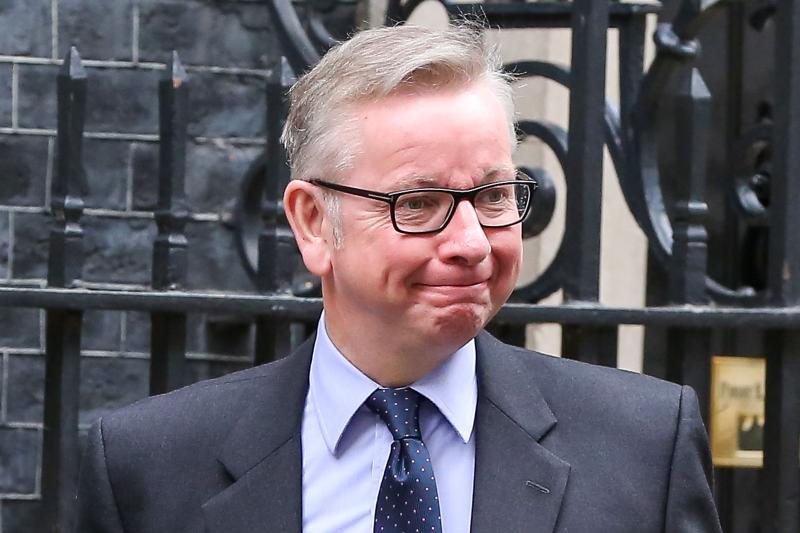
Defra Secretary Michael Gove has said he is "determined to drive change" to champion British food and farming in four areas.
At the Oxford Farming Conference on Thursday (4 January), Gove explained that at the most basic level, the government are "not the champion it needs to be" for British food and farming.
He said the government can still do more to improve the procurement of British food across the public sector.
He outlined government vision to make the Department for Environment, Food & Rural Affairs (Defra) a more "efficient, focused and innovative" department.
Gove also explained that he also wants to drive change in agriculture in 4 areas.
He said he wants to develop a "coherent policy" on food, integrating the needs of agriculture businesses, other enterprises, consumers, public health and the environment.
"It would be foolish for us to lower animal welfare or environmental standards in any trade deal, and in so doing undercut our own reputation for quality," Gove said.
The government wants to label food "properly as British", and also create a gold-standard metric for food and farming quality.
'Cliff edge'
The Defra Secretary outlined plans to give farmers and land managers "time and the tools" to adapt to the future.
He said he wants the industry to "avoid a cliff edge but also prepare properly for the changes which are coming."
Gove told the conference: "By definition, we cannot yet know the final outcome of a trade negotiation which is about to get underway, and Defra is preparing for every eventuality. But we are confident of building a new economic partnership with the EU that guarantees tariff-free access for agri-food goods across each other’s borders.
"We have a deficit in agricultural and horticultural produce with the EU 27. Irish beef farmers, French butter and cheese producers, Dutch market gardeners and Spanish salad growers all have an interest just as, if not more acute, than Welsh sheep farmers or Ulster dairy farmers in securing continued tariff-free access between the UK and the EU."
He said government can also intervene closer to home where there is market failure. For example, when powerful players in the food chain use the scale of their market presence to demand low prices from smaller primary producers.
New subsidy system
A new method of providing financial support for farmers which moves away from the current model of the CAP to one that favours the environment was also outlined.
Gove explained: "Government must recognise that its interventions need to be targeted, proportionate and limited. Subsidies linked to the size of land holding, or headage payments, reward incumbents, restrict new thinking and ultimately hold back innovation and efficiency.
"And having a subsidy system which incentivises farmers to place every acre they can into food production means that public money isn’t being spent on renewing natural capital assets like forestry and wetlands."
Natural capital
On his fourth point, Gove said he wants to ensure that natural capital is built on the basis of land use and management for a sustainable future.
"Natural capital is the sum of our land, soil, ecosystems, species and minerals; our freshwater, air and seas," Gove explained.
"And that has to be the aim for our policies on food, farming, the landscape and our broader environment. Embracing change which secures a more sustainable future for those who will inherit what we have built.
He said that a natural capital approach can be "valuable" as it allows government to bed into policy-making a direct appreciation of the importance of "field and forest".
"It is just one tool among many in the formation of policy but a very powerful one in ensuring that we think of our responsibility to future generations to hand on a country, and a planet, in a better state than we found it," Gove concluded.
